-
•
•
21 responses

A recent news story about the beatification of John Paul II mentioned that the late Pope had led the Catholic Church to “repent” for its anti-semitism. The use of the word “repent” stuck out in my mind, and made me wonder, “Can an institution, such as a Church, repent?” Read More
-
•
•
81 responses

Just a week after he was named chef de mission of the U.S. Olympic Team for 2012, Peter Vidmar has resigned because of objections to his beliefs—specifically his opposition to same-sex marriage. Vidmar, an LDS Church member and a member of the gold-medal winning 1984 U.S. Olympic gymnastics team. He is also the highest scoring gymnast in Olympic history. But in 2008 Vidmar publicly campaigned for Proposition 8 in California. Read More
-
•
•
7 responses

This past week three Mormons were called to spend their Sundays during each fall in pursuit of goals quite different than those of most other Church members. In their battles they will face “violence, punctuated by committee meetings.” But none of these three hail from the traditional preparation centers for Mormons. Read More
-
•
•
24 responses
Jan Shipps always has something interesting to say about Mormonism. An essay you might not have run across is “Making Saints: In the Early Days and the Latter Days,” in Contemporary Mormonism: Social Science Perspectives (Univ. of Illinois Press, 1994). It turns out that becoming a Latter-day Saint (or acquiring the characteristics of Mormon ethnicity) involves more than just conversion or joining the Church. Read More
-
•
•
8 responses

The topic of sex and the Mormon single is a perennial favorite in the bloggernacle, and recently it has drawn national attention as well. No treatment of the topic would be complete without a look at the Duck Beach phenomenon, an informal annual gathering of east coast LDS singles in North Carolina that is equal parts Jersey Shore and Temple Square. LDS filmmaker Stephen Frandsen (my cousin) and his production company Big Iron Productions have trained a thoughtful lens on this singular affair, and are currently in the process of financing and producing a documentary exploring its relevance. We’re pleased… Read More
-
•
•
26 responses

To start out I should say that I like parks. My wife and I are raising three children (1 down, two to go) in a New York City apartment, so instead of a back yard, we have the park. But unlike the backyard, we have to escort our children to the park. So, I’ve spent quite a bit of time in parks. And how clean they are does make a difference. But I’m not sure that cleaning the park should be our first choice for service projects. Read More
-
•
•
34 responses
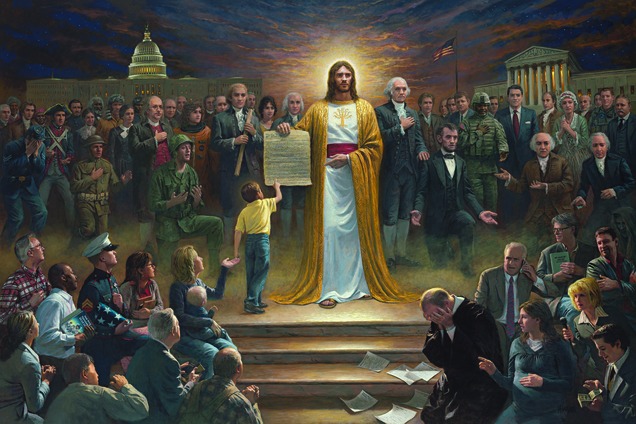
The news yesterday that artist Jon McNaughton had pulled his artwork from the BYU Bookstore led me to ponder once again the influence that Church-owned businesses and institutions have on Mormon Culture. While these institutions seem focused on how what they carry and produce reflects on themselves and, ultimately, the Church, I worry that the variety of books, art, music and other Mormon cultural materials aren’t as available as they should be. Read More
-
•
•
6 responses

Yesterday, Nevada Governor Brian Sandoval named LDS Church member and current member of the U.S. House of Representatives Dean Heller to replace Senator John Ensign, who has resigned effective May 3 rather than face an ethics investigation. The move increases the number of Mormons serving in the Senate to 6 while decreasing the number serving in the House to 9. Read More
-
•
•
8 responses

It’s Easter and I, like Mary, have a hard time seeing what’s right in front of me. Read More
-
•
•
80 responses
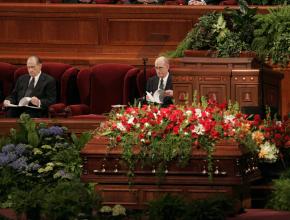
How different are Mormon funerals than those done by other religions? For some strange reason I actually enjoy funerals (at least Mormon ones), despite the sadness of losing a loved one. We’ve had a couple of memorial services in our ward in the past few months, and while sitting through the most recent I wondered how our funerals are different from those of other religions. Read More
-
•
•
36 responses
A few weeks ago I judged several rounds of a debating tournament held at the local high school. Teams from all over the state participated. Imagine walking by a high school cafeteria and seeing a couple of hundred students dressed in suits and skirts, chattering like all kids do but also pouring over notes and outlines for the upcoming matches. It was an impressive sight. Read More
-
•
•
18 responses

I recently read Thinking Through Our Faith: Theology for Twenty-first-Century Christians (Abingdon Press, 1998) by C. David Grant, a professor of religion at TCU. The book might be described as a short prologue to a 21st-century approach to theology, one that takes full account of science, historical criticism, and pluralism — in short, the sort of book you probably would not encounter in a BYU undergraduate religion class. Read More
-
•
•
44 responses
Last June Dave Banack discussed the idea that LDS Church members should be inoculated for troubling LDS doctrinal and historical issues. I don’t think that idea has been completely explored, but I do think inoculation might be useful in one area where our (i.e., Mormon) sub-culture doesn’t use it: the news. Read More
-
•
•
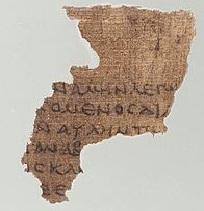
Chapter 9 Verse 1: Chapter 8 ends with the phrase “passed by” and chapter 9 begins with those words. Did the events of chapters 9-10 happen as Jesus was leaving the temple precincts, or did they occur later? (See verse 14 for a clue.) Why is it important that the man has been blind since birth? As you read the story, ask yourself, How we are like the blind man: in what ways are we or have we been blind from birth? How do we come to see? What do we see when we have been healed? Verses 2-5: How… Read More
-
•
•
7 responses

Transcripts of the recent General Conference have been posted at LDS.org, including President Uchtdorf’s talk “Waiting on the Road to Damascus.” The talk was mostly a word of encouragement to those members of the Church who, for various reasons including self-doubt, are not full participants in their local wards. The focus of the talk was on the invitation to get past or around whatever the issue is, not on the details of the difficulties or doubts some people face. Of course, his comments on blogging and social media were the most interesting part of the talk. He made these comments… Read More
-
•
•
19 responses
I recently finished America’s Three Regimes: A New Political History (OUP, 2007) by Morton Keller, a retired history prof at Brandeis. The author suggests there have been three enduring American political regimes: a deferential-republican regime that lasted from the Revolution until the emergence of true party politics (Whigs and Democrats) during the 1830s; a party-democratic regime marked by strong party identification and increasing voter mobilization that lasted until roughly the Great Depression; and a populist-bureaucratic regime that saw the rise of big government, the rise of the independent media, and the decline of party identification and effectiveness. Can LDS history… Read More
-
•
•
16 responses
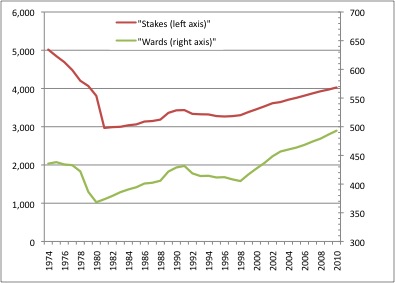
A couple of years ago my post The Implied Statistical Report, 2008, looked at what can be learned from a detailed examination of the data the Church releases each April Conference. This conferences’ data includes an additional statistic not found in earlier reports, the number of Church Service Missionaries, which led me to look again at the statistics to see if I might find something else. Read More
-
•
•
5 responses
President Eyring conducted the last session of this April 2011 General Conference. Speakers included Elder Scott, Elder Christofferson, Carl B. Pratt, Lynn G. Robbins, Benjamin De Hoyos, C. Scott Grow, and Elder Holland. Readers are invited to leave a comment with their overall reaction to Conference and their sense of the general themes stressed by the speakers. Read More
-
•
•
2 responses

President Henry B. Eyring conducting. Discourses by President Dieter F. Uchtdorf, Elder Paul B. Johnson, Bishop H. David Burton, Sister Silvia H. Allred, Elder David A. Bednar and President Thomas S. Monson. Perhaps even more so than previous sessions, the theme of this session was the Church Welfare program. President Eyring mentioned the 75th anniversary of Church Welfare in his opening remarks, and the remarks of both Bishop Burton and Sister Allred focused on Welfare. Read More
-
•
•
10 responses

President Eyring conducted the Saturday evening Priesthood session, which offered talks by Elder Andersen, Steven E. Snow, Larry M. Gibson, President Uchtdorf, President Eyring, and President Monson. My notes below are basically summaries of the talks, but include rather loose paraphrases and a bit of commentary, so I have titled the post “Reflections on the Priesthood Session.” It was definitely one of the best priesthood sessions of recent years, and is notable for the rare absence of a major league anti-porn lecture. I would speculate that this reflects a desire to not push any more men away from church activity (I’m sure GAs know the gender gap statistics better than… Read More
-
•
•
5 responses

Pres. Uchtdorf conducted again, and following the customary audit report and statistical report, talks were given by Elder Boyd K. Packer, Elder Russell M. Nelson, Elder Russell J. Maynes, Elder Cecil O. Samuelsen, Elder Dallin H. Oaks and Elder M. Russell Ballard. Read More
-
•
•
8 responses
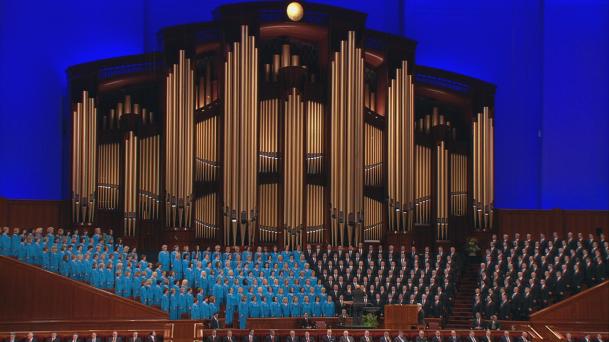
President Uchtdorf conducted the Saturday morning session, featuring talks by Elder Perry, Sister Jean A. Stevens, Walter F. Gonzalez, Kent. F. Richards, Elder Cook, and President Eyring, with brief remarks by President Monson. Direct quotations (based on my notes) are given in quotes; all other text represents my summary of the remarks given. Parenthetical comments and discussion notes at the end of the post in italics are my own editorial comments. Read More
-
•
•
17 responses
While we know that gospel principles are eternal, we must also admit that the language used to describe them changes over time. And now we have a tool for discovering and analyzing how Church leaders have changed their descriptions of the gospel over the past 160 years. Read More
-
•
•
106 responses
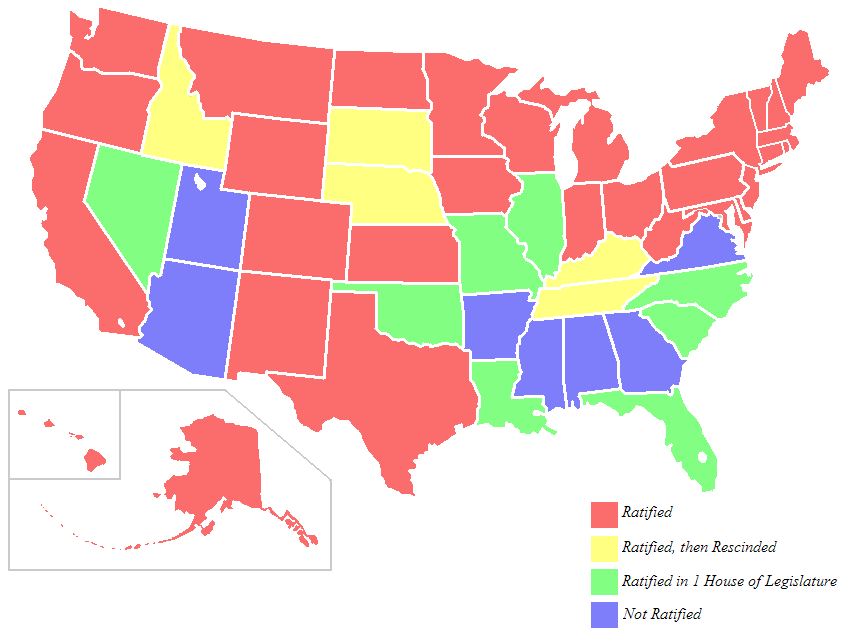
My earliest memory of conflict over Church decisions came because of a local stake division and boundary changes.I remember my mother venting about how one high councilor in one stake prevented the boundary change from following local political boundaries, which would have, in my mother’s view, give Church members a more unified voice in local politics. Read More
-
•
•
60 responses

Last year was major for Major League Mormons—or at least for one of them. This makes the third year that I have looked at what those of us who follow these Mormons want to know each April, and I’m wondering if I should look at this information more often. Read More
-
•
•
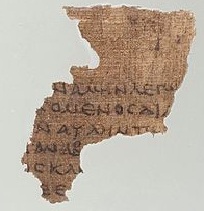
Matthew 18 Verses 1-4: Why do the disciples ask the question that they pose in verse 1? What does it suggest about their understanding of Jesus’ message? What do you make of the fact that they are arguing about who shall be first so shortly after Jesus has talked about his coming death (Matthew 17:22)? In verse 3, the verb “be converted” translates a Greek verb that means “turn.” To be converted, to repent, is to turn back, to return. In what sense is repentance a return? Christ says that no one can even enter the kingdom (or reign) of… Read More
-
•
•
22 responses

When I learned that Richard Daines, a fellow New York City Mormon, passed away last month, I knew I wanted to write something about him for several reasons. First, I like writing about Mormons outside of the Wasatch-front bias of Mormon culture. Second, I have my own bias towards New York City, and third, I admire his political achievements. Read More
-
•
•
9 responses

It’s unlikely that I believe the right things about God, Jesus, the gospel, or the Church. It’s even less likely that I could express my beliefs in a coherent and justifiable way. I used to think that, because my ideas were clever, I was at least closer to being right than most. This I took as a consolation. But cleverness isn’t much to live on. God, I think, has been working to pry this cleverness from my cold, dead hands. I have felt God more than once pushing me to echo Meister Eckhart’s deeply orthodox prayer: “I pray to God to rid… Read More
-
•
•
39 responses
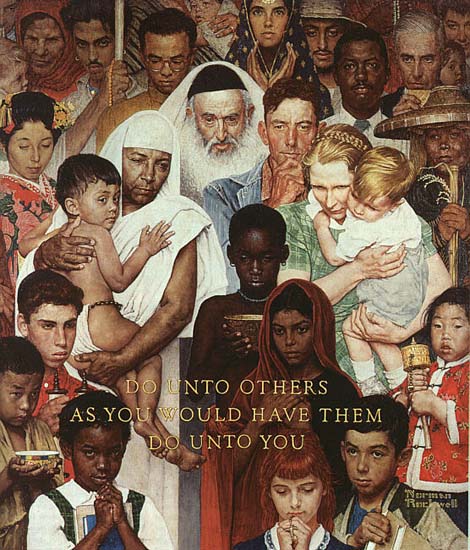
Christian religions, in general, believe in what is widely known as the golden rule: Do unto others as you would have them do unto you. In fact, as I understand it, most belief systems have some version of this idea. It seems to me that it is usually understood individually. But I have to believe that we should also apply it to groups — other countries, other peoples, other races, other sports teams… and other religions. Read More
-
•
•
26 responses

I am sure that many of you have been following the stunning events in Japan: earthquake, tsunami, meltdown. Our first personal reaction to such events is always concern and sympathy for those swept up in the ongoing human tragedy. The first LDS institutional response, when resources are available, is to forward relief supplies and helping hands to those in need of assistance. But at some later point comes personal and institutional reflection. Is this just the sort of natural tragedy that happens from time to time, or is it a divine sign of the end times? Or both? Read More
